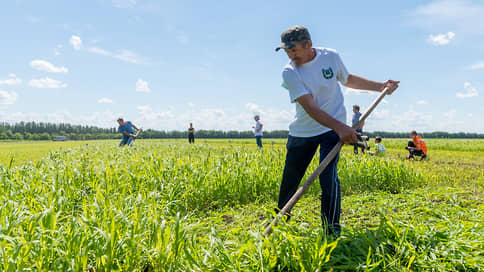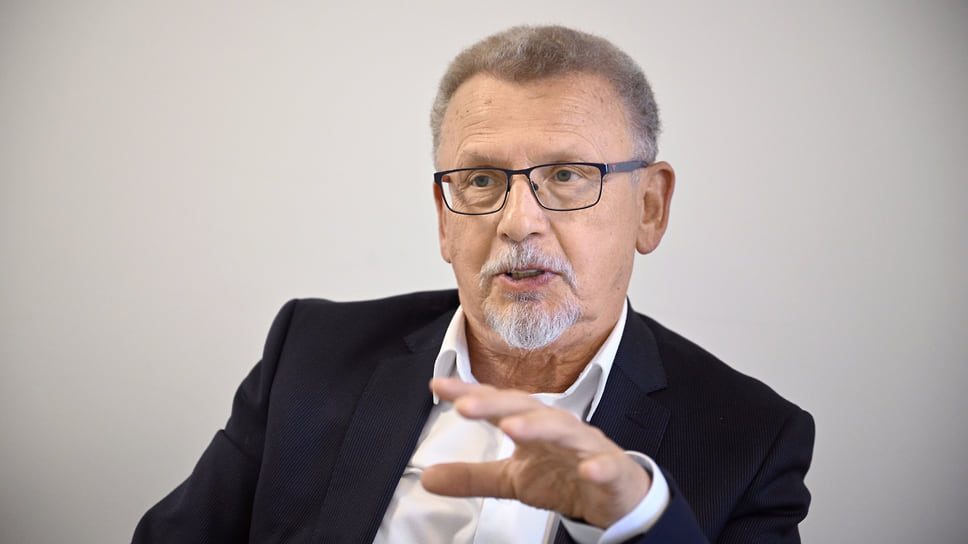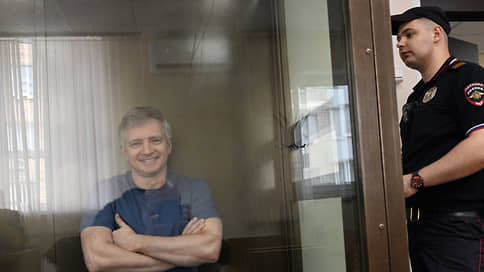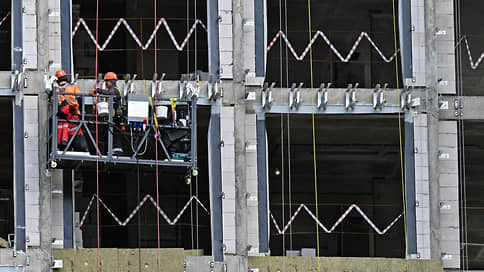The number of agrarian companies in Russia is reduced

In Russia, the number of legal entities specializing in agriculture began to decrease. This is due to a sharp decrease in business profitability under the influence of growing expenses and an export complication. The trend is brighter in the southern regions, while in the Urals, in Siberia and the Far East the activity of the agricultural industry, on the contrary, shows growth.
The number of legal entities whose main activity is associated with the agricultural complex, in Russia in January – May 2025 it decreased by 119, to 69.7 thousand organizations, follows from the calculations of the Kontur. Focus project. Last year, the trend was the opposite: the number of registered legal entities increased by 171. indirectly, a reduction in the number of vacancies indirectly to reduce business activity in the agrarian market. In January, they became less than 16%for the year, in February and March – by 23%, in April – by 26%, in May – by 31%, follows from the data of the Headhunter service. Andrei Kucherov, director of the Center for Competence in the agricultural sector “Rexoft Consulting”, notes that a gradual decrease in investment in agriculture is a well -established trend. The physical volume of investments in the fixed capital of specialized companies in 2024 decreased by 4.3%, he notes.
The number of agrarian companies is reduced, despite an increase in revolutions.
According to Contour. Focus, the average revenue of specialized legal entities in 2024 amounted to 183.8 million rubles, adding 17.3% a year to the year. But profitability falls. The head of the Institute for the Development of Entrepreneurship and Economics, Arthur Gafarov says that in crop production the indicator decreased from 40-50% in 2020 to less than 20% in 2024. The trend, according to the expert, is associated with the growing costs of personnel, seeds, feed, vaccines, logistics.
Mr. Kucherov says that profitability in crop production is now 10-16%, and in wheat – even lower. “The situation is aggravated by a strong ruble and export duty,” he remarks. The Neo Business Development Partner Albina Koryagin says that the profitability of growing sugar beets decreased from 80.2% in 2021 to 32.7% in 2024. This is dictated by a decrease in the demand for sugar and the growing cost of processing. Although livestock, according to the expert, feels confident: business profitability is growing.
Dmitry Leonov, deputy chairman of the Board of the Rusprodsoyuz Association, does not exclude that entrepreneurs entering the agricultural market will be reoriented to less expensive forms of business, for example, as individual entrepreneurs. The share of the latter in the structure of organizations in the agricultural market, according to the “contour.focus”, increased by 0.23 percentage points in a year, to 69.3%.
The number of agro -industrial companies is reduced in traditional agricultural regions.
From January 2024 to May 2025, in Dagestan it became 200 less specialized organizations, in the Krasnodar Territory – at 163, in the Stavropol Territory – on 36, in the Rostov region – at 18. In the south of the country, exported oriented regions are concentrated, where profitability falls faster, Andrei Kucherov notes.
The regions in the center of Russia and the Volga region, according to Mr. Kucherov, make products to the domestic market to a greater extent. This reduces pressure. According to Contour. Focus, the most new agricultural organizations in January – May this year were registered in Bashkiria – 678. High pace are traced in Yakutia, the Krasnoyarsk Territory and the Orenburg region. Albina Koryagin suggests that the trend is associated with measures of state support for the regions of the Far East and their proximity to the growing markets of Asian countries. The expert notes that the profitability of livestock in the Amur Region over the past three years has increased from 8.5% to 31.5%, crop production in the Khabarovsk Territory – from 9.2% to 15%.
Andrei Kucherov states that the profitability of agriculture as a whole in the future will depend mainly on macroeconomic factors. In his opinion, weakening of the ruble, an increase in world food prices and a decrease in export duties can contribute to its growth.







